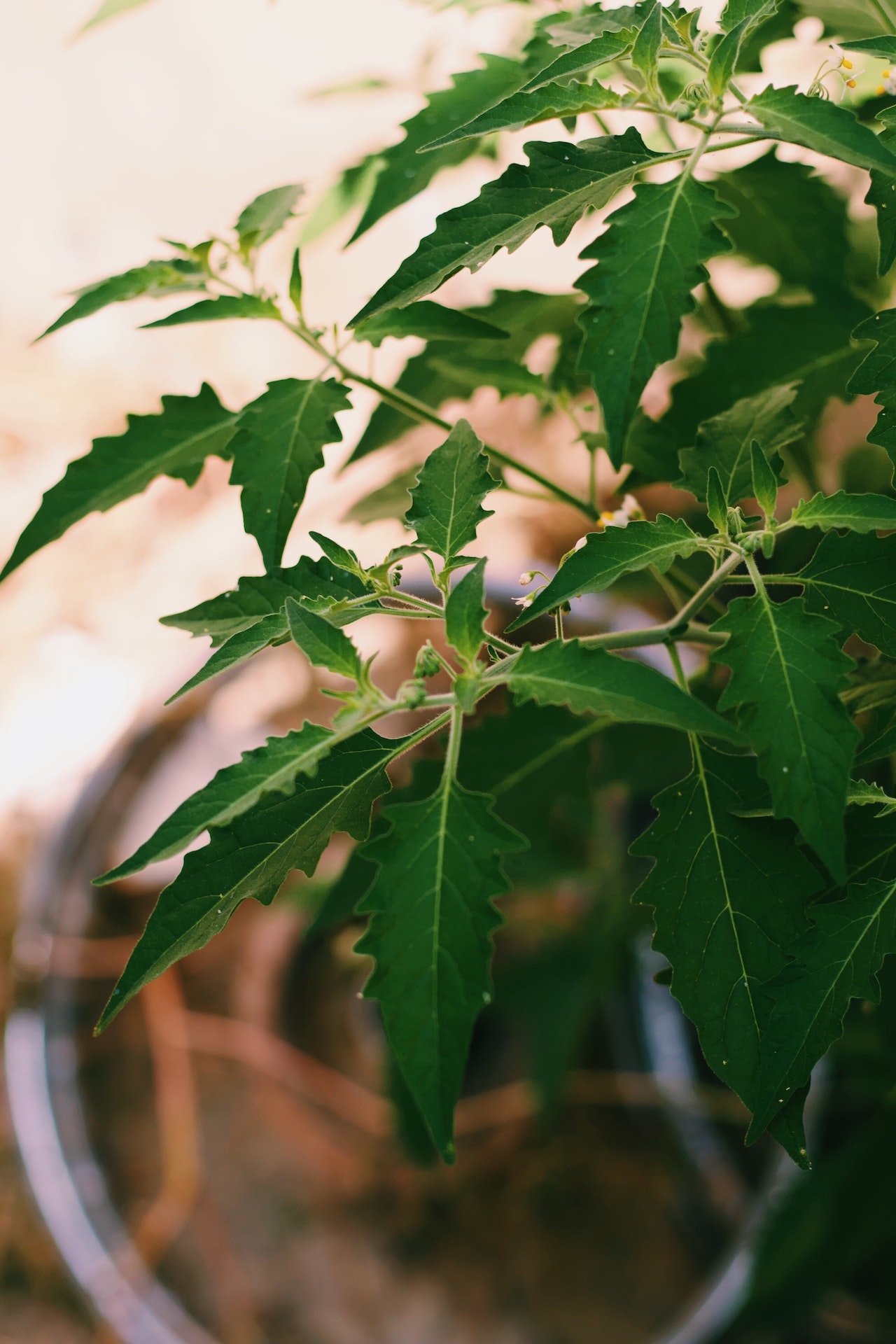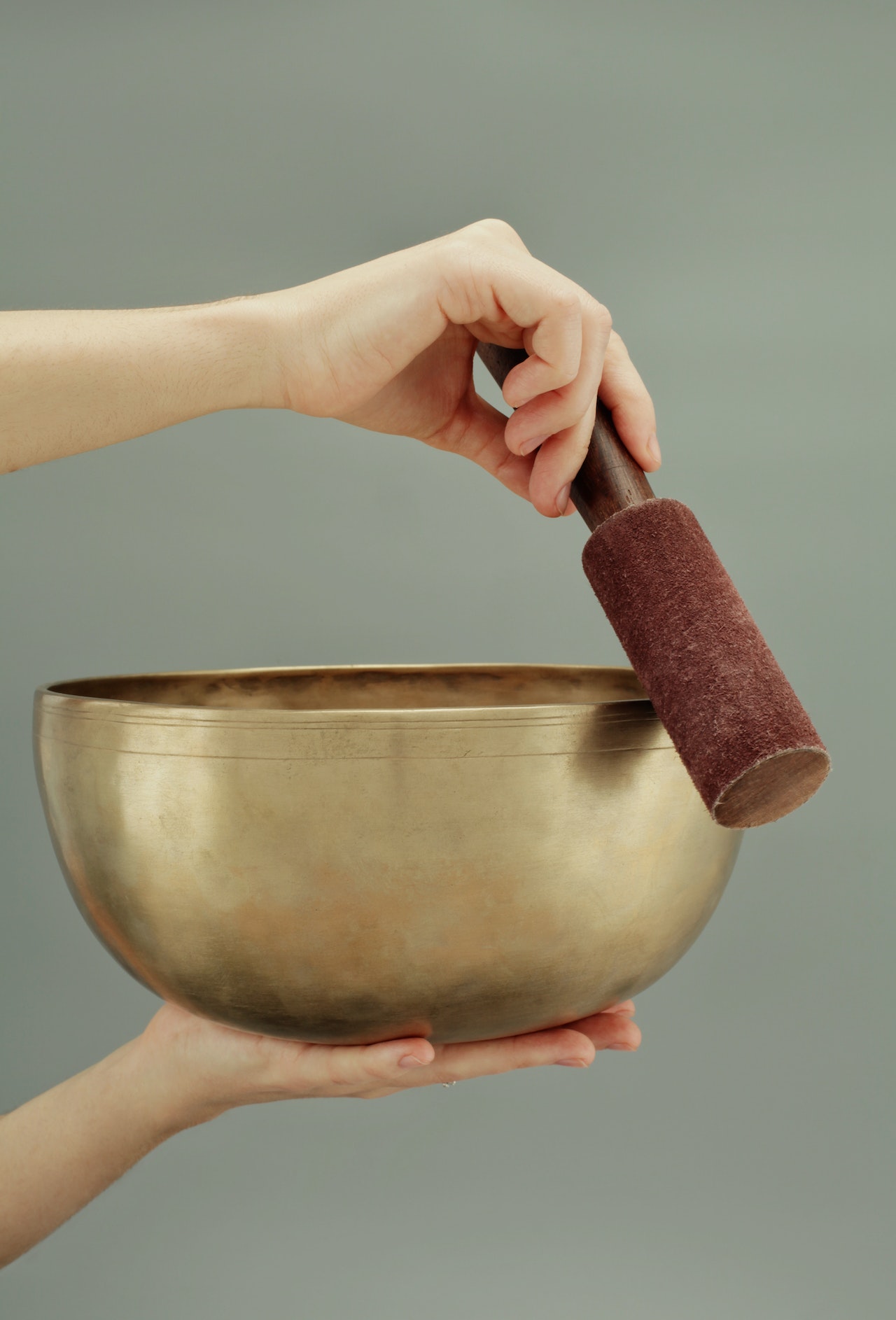The Power Of Healing Medicine
Medicinehas long been considered a cornerstone of healthcare, providing relief, cure, and hope to countless individuals worldwide. The practice of healing medicineencompasses a range of disciplines, treatments, and approaches that strive to restore health and well-being. From ancient remedies to modern breakthroughs, the world of medicine continues to evolve, revolutionizing our understanding of healing. In this article, we delve into the fascinating realm of healing medicine, exploring its history, advancements, and the profound impact it has on individuals and society.
A Journey Through History
Healing medicine traces its roots back to ancient civilizations, where remedies and practices were passed down from generation to generation. Early healers relied on nature's bountiful resources, utilizing plants, herbs, and natural substances to treat ailments. The knowledge of medicinal properties became invaluable, leading to the establishment of ancient healing systems such as Traditional Chinese Medicine, Ayurveda, and Unani.
Traditional Chinese Medicine
With a history spanning over 2,500 years, Traditional Chinese Medicine (TCM) is a comprehensive system that focuses on restoring balance and harmony within the body. It incorporates various modalities, including acupuncture, herbal medicine, dietary therapy, and exercises like Tai Chi and Qigong. TCM recognizes the interconnection between the mind, body, and spirit, emphasizing the importance of holistic healing.
Ayurveda
Originating in India around 5,000 years ago, Ayurveda is a holistic healing system that seeks to align an individual's body, mind, and spirit. Ayurvedic medicine utilizes a combination of herbs, dietary guidelines, massage, and meditation to promote balance and overall well-being. The Ayurvedic approach recognizes that each person has a unique constitution, and treatments are tailored to address individual imbalances.
Unani Medicine
Unani Medicine, also known as Yunani Medicine, has its roots in ancient Greece and was further developed in the Islamic world. This traditional healing system combines elements of Greek, Persian, and Arab medicine. Unani practitioners believe in the presence of four humors in the body, and treatment involves restoring their balance through herbal remedies, dietary modifications, and lifestyle changes.
The Rise Of Modern Healing Medicine
While ancient healing systems continue to be practiced today, the development of modern medicine has revolutionized healthcare. Scientific advancements, research, and technological innovations have paved the way for breakthrough treatments, diagnostic tools, and surgical procedures that have saved countless lives. Let's explore some key milestones in the rise of modern medicine.
Germ Theory And Infectious Diseases
In the 19th century, the discovery of germ theory by Louis Pasteur and Robert Koch revolutionized our understanding of infectious diseases. This breakthrough laid the foundation for preventive measures, such as sanitation practices and vaccinations, which have had a profound impact on public health.
Antibiotics And The Fight Against Infections
The discovery of antibiotics, such as penicillin by Alexander Fleming, marked a turning point in the treatment of bacterial infections. These powerful drugs have saved millions of lives, providing effective means to combat previously life-threatening diseases.
Surgical Advancements
The field of surgery has witnessed remarkable advancements, thanks to breakthroughs in anesthesia, aseptic techniques, and surgical instruments. Procedures that were once considered risky or impossible are now routine, enabling surgeons to perform complex surgeries with greater precision and reduced risks.
Diagnostic Imaging And Precision Medicine
The advent of diagnostic imaging technologies, such as X-rays, CT scans, and MRI, has revolutionized the field of diagnostics. These tools allow healthcare professionals to visualize internal structures, identify abnormalities, and tailor treatment plans to individual patients. Additionally, precision medicine utilizes genomic information to personalize treatments, leading to more effective and targeted therapies.
Integrative Approaches To Healing
As modern medicine continues to advance, there is a growing recognition of the importance of integrative approaches to healing. Integrative medicine combines the best practices of conventional medicine with evidence-based complementary therapies to provide comprehensive care. This approach acknowledges the diverse needs of individuals and aims to address the physical, emotional, and spiritual aspects of health.
Mind-Body Medicine
Mind-body medicine emphasizes the connection between mental and physical health, recognizing the influence of thoughts, emotions, and behaviors on overall well-being. Techniques like meditation, mindfulness, yoga, and cognitive-behavioral therapy are utilized to enhance healing and promote self-care.
Complementary And Alternative Therapies
Complementary and alternative therapies encompass a wide range of practices outside of conventional medicine. These include acupuncture, herbal medicine, chiropractic care, massage therapy, and energy healing modalities like Reiki. Many individuals find these therapies beneficial in managing pain, reducing stress, and improving overall quality of life.
Nutrition And Lifestyle Interventions
The significance of nutrition and lifestyle interventions in healing and disease prevention cannot be overstated. A balanced diet, regular exercise, sufficient sleep, and stress management all play integral roles in maintaining optimal health. Integrative practitioners often collaborate with patients to develop personalized plans that incorporate these crucial lifestyle factors.
Embracing The Future Of Healing
As we look to the future, the field of healing medicine holds immense promise. Advances in genomics, regenerative medicine, telemedicine, and artificial intelligence are poised to revolutionize healthcare further. Moreover, the growing emphasis on preventive care, personalized medicine, and integrative approaches will shape the way we approach healing and well-being.
Healing medicine, with its rich history, scientific advancements, and holistic principles, offers hope and transformation to individuals seeking relief and restoration. By embracing its diverse modalities and integrating traditional wisdom with modern science, we can unlock new frontiers of healing and forge a healthier future for generations to come.
The Importance Of Research And Evidence-Based Practice
In the field of healing medicine, research plays a pivotal role in advancing knowledge and driving evidence-based practice. Rigorous scientific studies help validate the effectiveness and safety of various treatments, ensuring that healthcare interventions are grounded in sound evidence. Research also contributes to the development of new therapies, improved diagnostic tools, and better understanding of disease mechanisms. By fostering a culture of research and innovation, healing medicine continues to evolve and refine its practices, benefiting patients and healthcare providers alike.
Promoting Holistic Care
Healing medicine recognizes that health is not solely determined by the absence of disease but is a complex interplay of physical, mental, emotional, and spiritual factors. Holistic care, an integral component of healing medicine, takes into account the whole person and their unique circumstances. By addressing all aspects of health, practitioners strive to promote comprehensive well-being and support individuals in their healing journeys.
Cultivating The Therapeutic Relationship
The therapeutic relationship between healthcare providers and patients is of utmost importance in healing medicine. Open communication, empathy, and trust form the foundation of this relationship. Practitioners in healing medicine often spend more time with their patients, listening to their concerns, and developing individualized treatment plans. This patient-centered approach fosters a deeper understanding of the individual's needs and encourages active participation in the healing process.
People Also Ask
What Is Healing In Medicine?
Healing in medicine refers to the process of restoring health and well-being in individuals who are experiencing illness, injury, or other health challenges. It involves addressing the underlying causes of the condition and facilitating the body's natural ability to repair and regenerate itself. Healing in medicine can encompass various approaches, including conventional treatments, medications, surgeries, lifestyle modifications, and complementary therapies.
What's A Holistic Medicine?
Holistic medicine, also known as integrative or complementary medicine, is an approach to healthcare that considers the whole person—mind, body, and spirit—in the prevention, diagnosis, and treatment of diseases. It emphasizes the interconnectedness of various aspects of health and focuses on addressing the underlying causes of illness rather than just alleviating symptoms. Holistic medicine takes into account a person's lifestyle, emotional well-being, and social factors, along with physical health, in order to provide comprehensive and personalized care.
What Are Some Healing Methods?
- There are numerous healing methods employed in medicine, depending on the specific condition and individual needs. Here are some common healing methods:
- Conventional Medicine: This includes treatments such as medications, surgeries, and therapies prescribed or performed by medical doctors and healthcare professionals.
- Complementary and Alternative Therapies: These are non-conventional therapies used alongside or in conjunction with conventional medicine. Examples include acupuncture, chiropractic care, herbal medicine, massage therapy, meditation, yoga, and aromatherapy.
- Mind-Body Medicine: This approach recognizes the connection between the mind and body and uses techniques like meditation, mindfulness, guided imagery, and relaxation techniques to promote healing and enhance overall well-being.
- Traditional Medicine Systems: Traditional healing systems, such as Traditional Chinese Medicine, Ayurveda, and Unani Medicine, utilize a combination of herbs, dietary guidelines, lifestyle modifications, and specific treatments to restore balance and promote healing.
- Energy-Based Therapies: These therapies work with the body's energy fields to promote healing. Examples include Reiki, qigong, and therapeutic touch.
- Nutritional Therapy: The use of specific dietary interventions, nutritional supplements, and modifications to support healing and optimize overall health. You can learn about natural and oil therapies in this article from joynumber.
Conclusion
Healing medicine, with its blend of ancient wisdom and modern advancements, offers a transformative approach to healthcare. From ancient healing systems to cutting-edge technologies, it addresses the holistic well-being of individuals and promotes patient-centered care.
Through the integration of traditional practices with evidence-based medicine, healing medicine embraces diversity and cultural inclusivity. It empowers patients, supports mental health, and enhances the quality of life for those facing chronic illnesses or nearing the end of life.
As we look to the future, personalized and precision medicine, along with advancements in technology and telemedicine, hold immense potential for further innovation in healing medicine. With a focus on research, evidence-based practice, and compassionate care, healing medicine will continue to shape the landscape of healthcare, offering hope and transformation to individuals and society as a whole.


